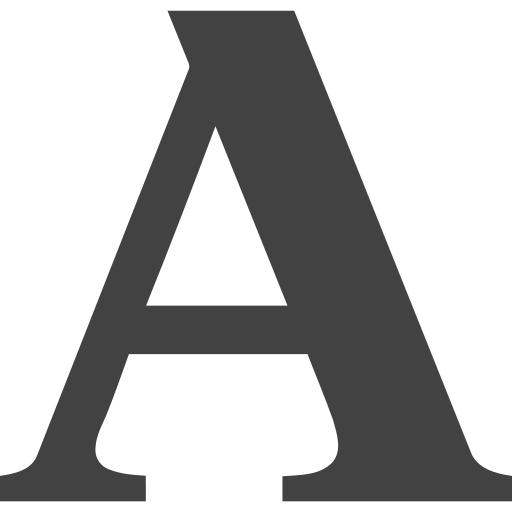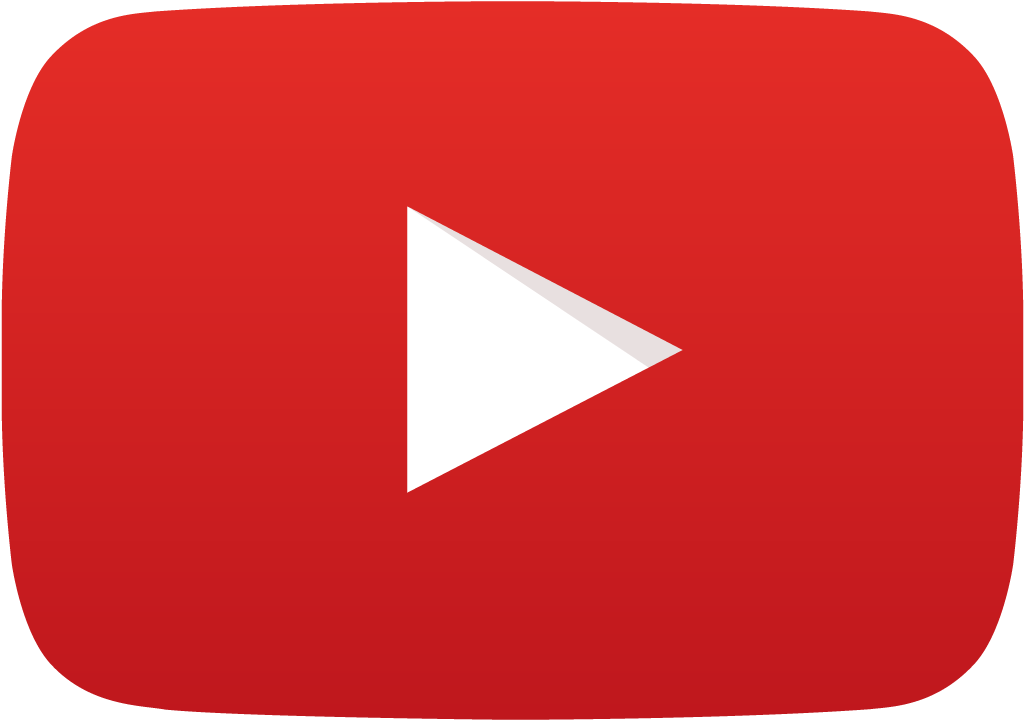Chronic as salvation: Teaching journalism is taught to listen and tell clearly what is heard after checking that it is true
Keywords:
Periodismo, formación de los periodistas, crónica, ética, medios de comunicación, Journalism, training of journalists, chronicle, ethics, mediaAbstract
Teaching journalism is to teach listen and tell clearly what is heard after checking that it is true. After receiving all the opinions, and stupidly believing that all are equally valuable, we finish misleading the sense of reality. This is why the press has lost much credit, because many readers or former readers have come to the conclusion that everybody lies, that all newspapers twist reality so that it looks like their worldview, because, as ironically says a friend who tries not to lose entirely his faith in journalism: "reality is overrated". Because we mix facts and opinions, because we weaken the facts so that they say what we want them to say, and ultimately we do not know where reality ends and where fiction begins, where we practice the intellectual and moral decency or misrepresenting what we know to harm others and protect us.Metrics
Downloads
Published
How to Cite
Issue
Section
License
Authors who submit to this journal agree to the following terms:
Authors retain copyright and ensure the magazine's right to be the first publication of the work as licensed under a Creative Commons Attribution-NoComercial 4.0 International License that allows others to share the work with an acknowledgment of authorship of the work and the initial publication in this magazine, with no commercial purpose.
Authors can establish separate additional agreements for non-exclusive distribution of the version of the work published in the magazine (for example, to an institutional repository or publish it in a book), with an acknowledgment of its initial publication in this journal.
It allows and authors are encouraged to disseminate their work electronically (eg, in institutional repositories or on their own website) prior to and during the submission process, as it can lead to productive exchanges, as well as a citation more early and most of the published work (See The Effect of Open Access).















